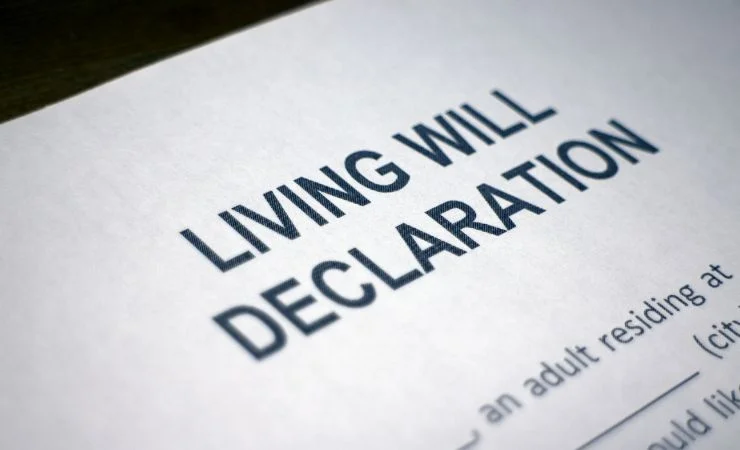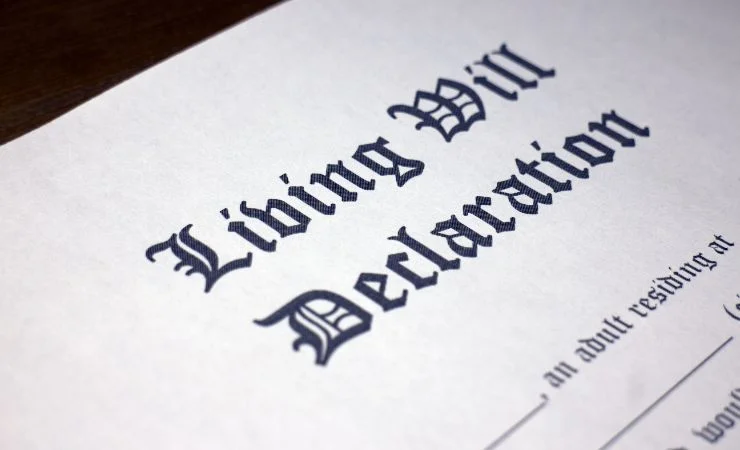How Do You Know If You Are Named in a Will in California?

Planning for an estate can be difficult and time-consuming. There are countless decisions that need to be made, paperwork that must be filled out, and other necessary steps to complete. One of the major choices that must be made is who will be named a beneficiary in the will.
When all decisions have been made and the will has been finalized, the individual is free to tell whomever they want about it. In some cases, the individuals who are named as beneficiaries are not notified until after the person who created the will has passed away. If you or a loved one is creating a will, it is in your best interest to work with an experienced probate attorney.
The Basics of a Will
A last will and testament is a legally binding document that allows an individual to divide up their assets prior to their death. A will details which individuals will receive various assets. This may include real estate, financial holdings, vehicles, and any other assets determined by the creator of the will.
If you wish to create a will, there are several key choices that must be made. First, any assets included must be chosen. Then, you choose an executor, which is the person responsible for carrying out your wishes. The will must be in writing, and the signing must be attended by two witnesses.
The only legal requirements to be able to create a will in California are that the individual must be at least 18 years of age and of sound mind, meaning they can make choices for themselves. While most people assume a last will and testament is only appropriate for older individuals or those who are sick, anyone can benefit from creating a will.
Why You May Need a Will
Estate planning is an ideal way to ensure that loved ones are taken care of when you pass away. There are many options available through estate planning services, but one of the most important is a last will and testament. There are many reasons why an individual may choose to create a will.
An individual who is facing a terminal illness may choose to create a will so that their family can pay for any outstanding debts and be supported once they die. The head of a family with multiple children or grandchildren may create a will to ensure that all assets are divided equitably among the family members. Others may choose to have a will in place so that their wishes, such as burial plans or charitable giving, are followed once they die.
Who Benefits From a Will?
Creating an official will can benefit multiple people, no matter how they are involved in the process. The individual who is developing their will benefits because they have peace of mind about the end of their life. They can trust that their assets will be fairly divided and that their family will have less stress while mourning.
The individuals who are named as beneficiaries also benefit from the creation of a will. They receive gifts and assets from the loved one who has passed away, but they are also able to understand and respect their loved one’s final wishes. Overall, having a will can benefit the whole family.
The Process of Executing a Will
Executing a will can be one of the more stressful aspects of the process. The executor is the individual, chosen by the person who created the will, who is responsible for seeing that all their wishes are respected. For the executor to do this properly, there is a specific process that must be followed once the testator dies.
First, the executor will file a petition for probate in superior court. If the petition is granted, the file is opened, and the will is made public. Once that is completed, the executor must notify anyone who is named as a beneficiary in the will. When all necessary notifications have been made, then the requests detailed in the will must be carried out.
FAQs
Q: How do you find out if a will exists in California?
A: In most cases, you will not discover that you have been included in a will unless the person who created the will tells you while they are still alive. Once they have passed away, you will be notified if you are included in the will. The executor will notify anyone who is named in the will that it has been filed for probate and will be executed.
Q: Are wills in California public record?
A: Whether a last will and testament is public record in California depends on whether it has been filed in court. If the individual who has planned and developed a will is still alive, then the will is considered a personal document and is not public record. Once the testator has passed away, the executor, who is responsible for executing the will according to the testator’s wishes, will file a petition for probate in Superior Court. The will becomes public record as soon as the petition is granted by a judge.
Q: How do I find out if I’m named in a will?
A: If you would like to see if you are named in a will, you are able to view a will at the courthouse. If the will is in probate, that means it has become public record. Anyone is able to visit the clerk’s office and request to view a will. You will be able to view it in the courthouse at no cost. You can also request copies of the will from the clerk’s office, but there may be an additional charge for copying any documents.
Q: How long after a person dies will beneficiaries be notified in California?
A: The timeline for notifying beneficiaries will depend on the executor. Once an individual with a will dies, their executor is responsible for completing all necessary steps. Within a month of the testator’s death, they will file a petition for probate and notify any beneficiaries. Anyone named in the will must receive this notification.
Sweeney Probate Law: Your California Estate Planning Attorney
One of the most confusing parts of executing a will is navigating probate and fulfilling the wishes of the deceased. Anyone who is named in the will must be notified following the testator’s death. An experienced probate attorney can help you complete the process correctly and efficiently. If you have been named in a will, or need assistance executing a will, contact Sweeney Probate Law for assistance.







